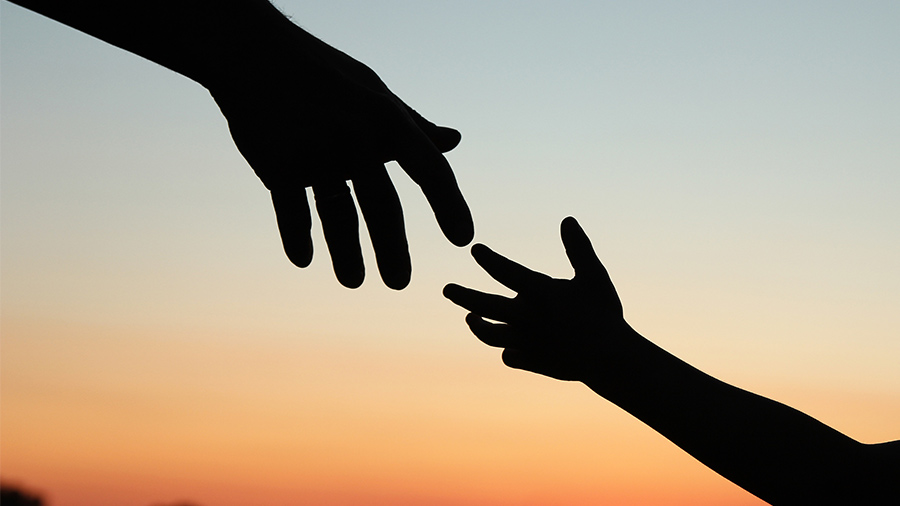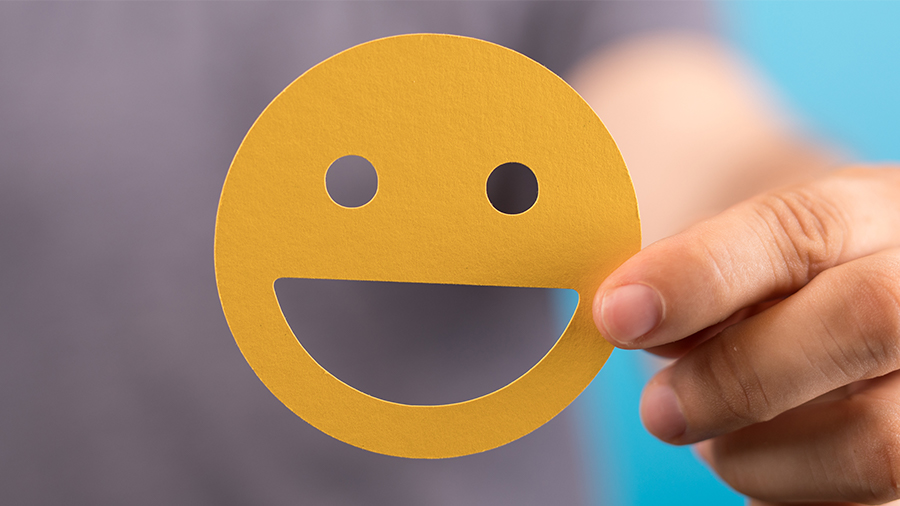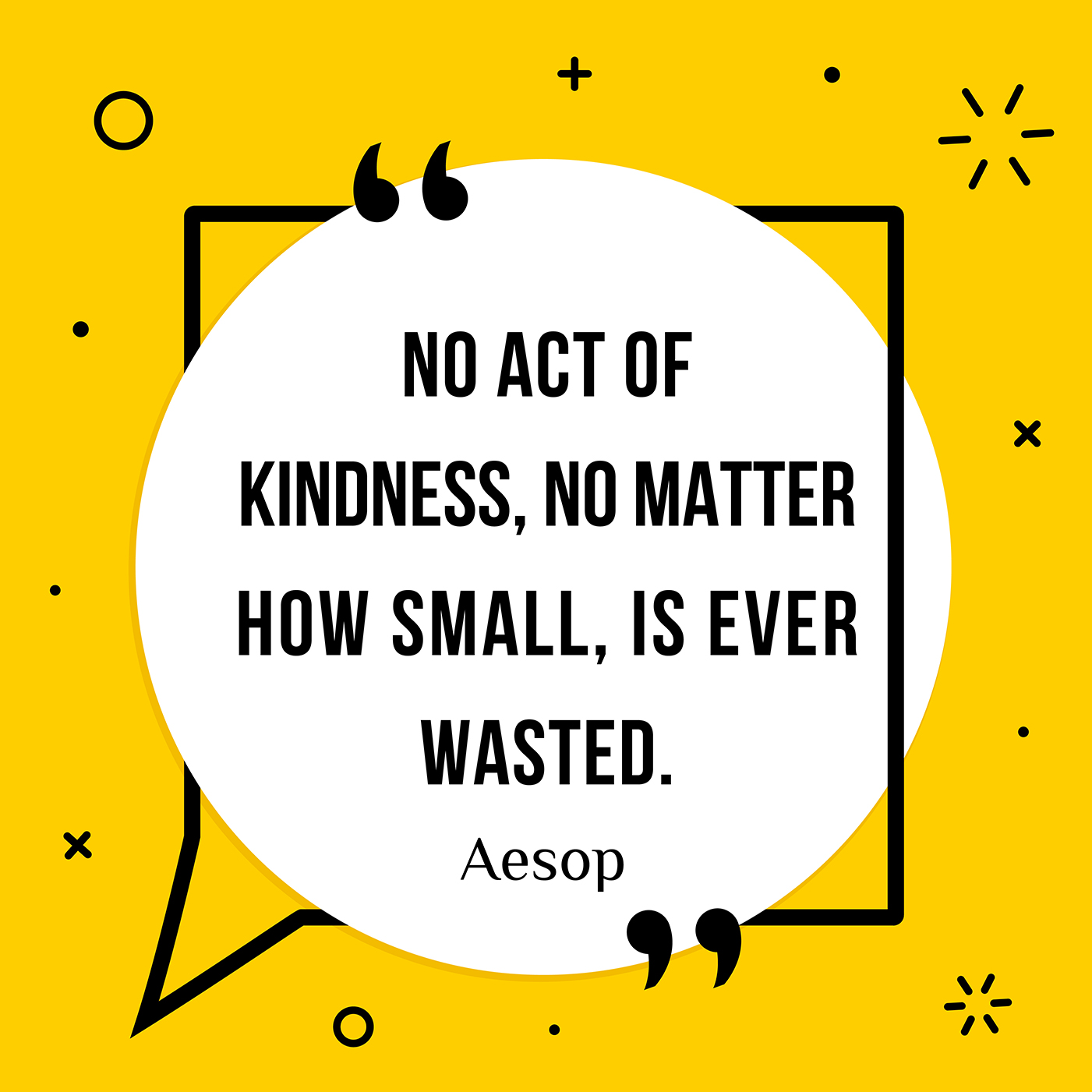The 'magical' power of karma

For thousands of years, people have lived their lives believing in this universal law, with the understanding that we call ‘reality’ is the result of all the thoughts, actions, prayers, and curses from our present and past lives. You could even say it’s scientifically demonstrated in Newton’s third law of motion: for every action, there is an equal and opposite reaction.
The word karma, derived from Sanskrit, means action or deed, and is the chain reaction of what we breathe, act, think and feel. A more explicit form of karma is stated by the law of three or three-fold law: whatever energy a person puts out into the world, whether it be positive or negative, will be returned to them three times.
Could doctors be especially impacted by karmic laws? It would seem likely. As a physician’s intention is to restore the patient’s well-being, this would create positive karma for them. An excellent doctor requires a lot of science but also a lot of ‘magic’; this is how we separate a good from a bad doctor. A patient needs knowledge, but they also need a lot more.
What is this magic? Where does it come from? I believe it’s a chain reaction that involves honesty, kindness, compassion, and sincerity towards patients. The physician motivates total confidence in patients and, every day, renews those magical relationships which themselves constitute best treatment and the starting points for confronting all causes of pain and suffering.
This magic is karma that inspires our brain and stimulates positive retribution which eventually heals ourselves and impacts our lives in unimaginable ways.
Many believe that happiness is the result of success. However, studies have revealed that happy people tend to become more successful in their personal and professional lives 1. Perhaps happiness is the cause of success and not the other way around.
By helping people from the core of the heart, we can become happier. It has been proven that acts of kindness increase an individual’s happiness 2. Therefore, helping others and treating them equally should help one become more successful, just as the law of karma suggests.
In our busy lives, we need to understand that most things happening around us are caused by human thoughts and actions—we are responsible. If we do not acknowledge this fact, we can become lost in ignorance, hatred, and anger.
Understanding the ideas involved in karmic law releases us from this pain and puts us in the driving seat. All the suffering, rewards, and challenges are there to teach us the right way forward.
We should believe in the ‘magic’ of karma and never get disappointed, as even the slightest effort could bring a positive change in the chain reaction.
References:
- Abbe, A., Tkach, C. & Lyubomirsky, S. The Art of Living by Dispositionally Happy People. Journal of Happiness Studies 4, 385–404 (2003).
- Otake, K., Shimai, S., Tanaka-Matsumi, J. et al. Happy People Become Happier through Kindness: A Counting Kindnesses Intervention. J Happiness Stud 7, 361–375 (2006). https://doi.org/10.1007/s10902-005-3650-z
Related pages

The science of happiness
Acknowledging happiness’ common enemies and exploring methods for leading happier lives
Why understanding fear and hope is important to being a surgeon
Wishing to be called a surgeon is easy—being submissive to the compassion and responsibility that the title brings with it is difficult


